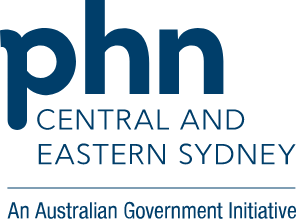Population Health
Healthy Ageing Hubs
Over the past year, the Healthy Ageing Hubs initiative has continued to expand its reach and impact across the central and eastern Sydney region, supporting older Australians to live healthier, more connected lives. These community-based Hubs act as inclusive gateways to practical support tailored to the unique needs of older adults, access to local preventative health programs, and social engagement.
- Expansion of Hub locations: The number of operational Hubs increased from 2 to 3, providing broader geographic coverage across high-need communities.
- Health promotion: Over 2,000 older people accessed free health information sessions, targeting advice on topics such as, nutrition, chronic disease support, and how to access services such as My Aged Care.
- Social connectedness: More than 1,200 people were provided linkage to local community groups events and workshops were hosted through the local councils and community organisations, reducing isolation and fostering peer engagement.
- Digital literacy support: Technology training sessions empowered over 300 older adults with the skills to access their My Health Record, telehealth, online health resources, and social media safely.
Evaluation and impact
Outcomes show promising trends in terms of self-reported health, wellbeing, and service engagement, with over 80% of participants surveyed reporting:
- feeling more confident managing their health
- improved social connection
- they found the Hubs easy to access in their local area
Healthy Ageing Hubs are reshaping what healthy ageing well looks like in CESPHN region. The services compliment a range of other locally led CESPHN navigation services including, multicultural navigator services, care finder services and family and domestic violence service navigators.

Care Finder
The CESPHN Care Finder Program plays a critical role in supporting older Australians who face significant and complex barriers to accessing aged care and other essential services. The program is specifically designed for individuals who require intensive assistance due to factors such as social isolation, reluctance to engage with government, cognitive decline, mental health challenges, homelessness, and limited digital literacy. Care Finders work closely with these clients to understand their unique circumstances, advocate on their behalf, and connect them with appropriate services – ensuring that no one is left behind in navigating the aged care system.
- 1,500+ clients supported: The Care Finder network provided tailored, face-to-face support to over 1,700 vulnerable older people, helping them navigate the aged care system and access appropriate services.
- Expanded provider network: The program maintained a strong network of 9 experienced service providers, many of whom transitioned from the Assistance with Care and Housing (ACH) Program in 2023.
- Holistic support: Care Finders assisted clients with:
- Understanding and registering with My Aged Care
- Completing aged care assessments
- Over 3,000 referrals to other support services such as housing, hoarder and squalor, mental health, alcohol and other drug and community services
- Coordinating ongoing care and follow-up.
- PHN collaboration: Hosted representatives from PHNs across NSW, ACT, and South Australia for a two-day Care Finder Network workshop focusing on strengthening integration with aged care and social services.
Client impact
Feedback from clients and providers remains positive. Clients surveyed reported:
- Improved access to and understanding of services they were previously unaware of
- Enhanced quality of life and wellbeing
- Reduced feelings of isolation and increased confidence in navigating the aged care system.
“Margaret’s story”
Margaret, a 78-year-old woman living alone with limited mobility, had never accessed aged care services. A Care Finder helped her register with My Aged Care, arranged a home support assessment, and connected her with a local Meals on Wheels provider and a community transport service. Margaret now receives regular support and has reconnected with her local community.
Challenges and learnings
- Complex client needs: Many clients presented with multifaceted issues requiring cross-sector collaboration.
- Workforce sustainability: Recruiting and retaining skilled Care Finders remains a priority.
- Digital literacy barriers: Continued investment in face-to-face and culturally appropriate support is essential.
Acknowledgement
We thank our Care Finder providers and community partners for their commitment to supporting the Care Finder program and ensuring that no one is left behind in accessing the care they need. Your delivery of compassionate, person-centered support ensures that those facing the greatest barriers are not only seen and heard but empowered to access the care and services they need.
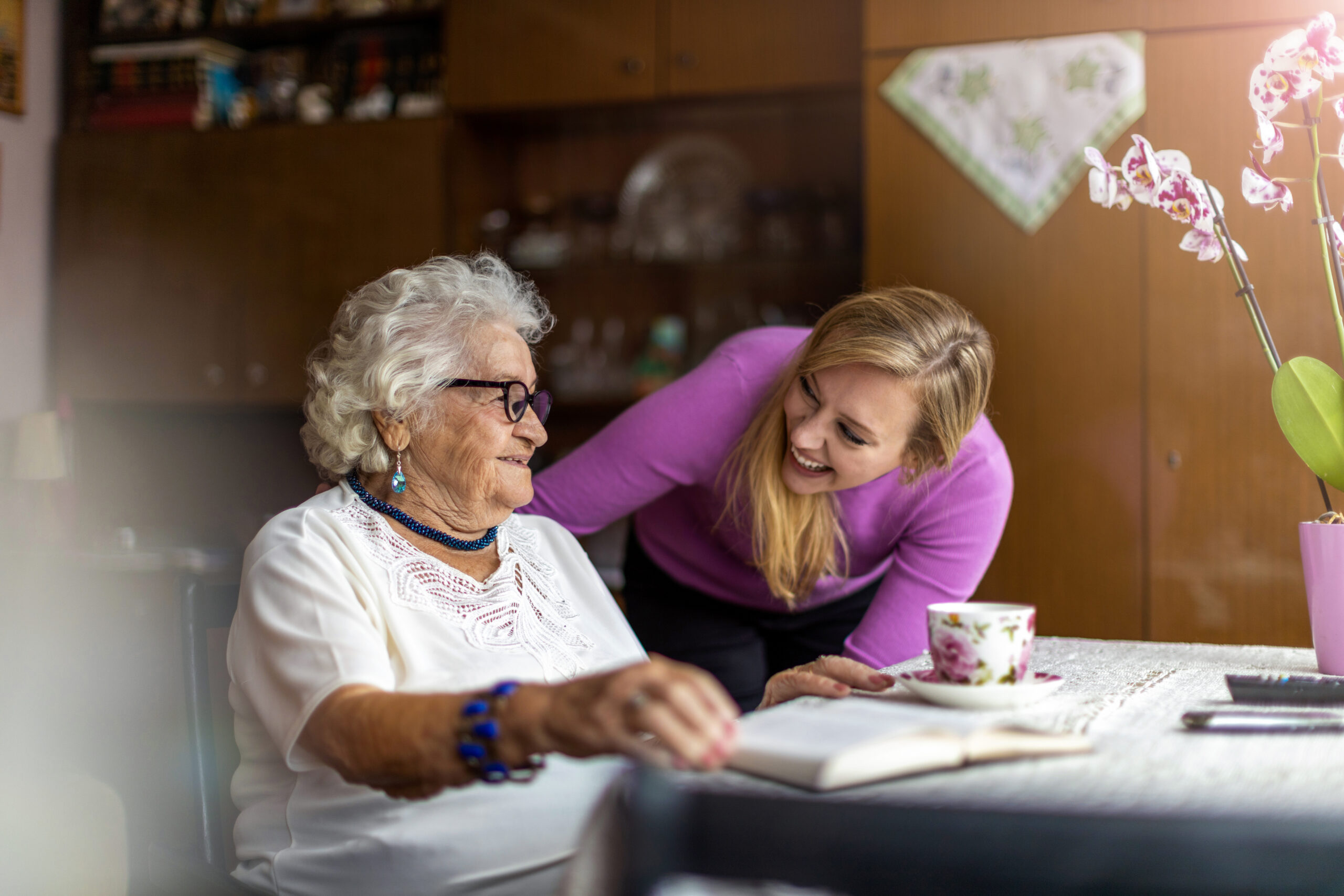
Cancer screening
CESPHN was one of four PHNs that partnered with the Daffodil Centre to implement the MAIL, GP & SCALE Trial- A general practice led intervention to increase participation in the National Bowel Cancer Screening Program.
Running from July 2024 to June 2025 the initiative was part of a larger NHMRC-funded project led by Associate Professor Eleonora Feletto at the Daffodil Centre. This supported practices to implement a multicomponent intervention which included:
- Electronic point-of-care prompts embedded in Medical Director.
- Clinical System Enhancement including National Cancer Screening Register (NCSR) integration, data cleaning, establishing recall & reminder systems and bulk ordering bowel cancer screening kits to issue in practice.
- Risk Assessment Tool for screening recommendations based on family history.
- Education modules on bowel cancer screening and the National Bowel Cancer Screening Program (NBCSP).

- GPs reported greater comfort discussing bowel screening, with conversations becoming part of routine clinical care.
- Practices embedded the NCSR widget into workflows, increasing confidence in using the portal to check eligibility and follow up.
- Many implemented the Alternative Access to Kits model, issuing kits directly to patients during consultations.
- GPs observed that patients were more likely to complete the test when kits were handed out in person, helping to increase opportunistic screening and reduce barriers to participation.
- The Daffodil Centre team are working on the final analysis to determine the increase in bowel cancer screening during the trial compared to the pre-trial period.
Sexual health
The Sexual Health and Viral Hepatitis Program at CESPHN supports optimal care for individuals at risk of, or living with viral hepatitis, HIV, and sexually transmitted infections.
The program focuses on prevention, early diagnosis, monitoring, treatment access, education, and appropriate specialist referrals.
CESPHN enhances GP capacity through education, HealthPathways, digital tools, and quality improvement initiatives. CESPHN also partners with local health districts, community organisations, and peak bodies to design and commission services addressing identified gaps in care.

”"I had a rough start as getting the baseline was a long process. I'm beyond grateful for the care and support from Lisa (ASHM) and Phoebe (PHN) who were with me every step of the way. Nothing was too much trouble. Lisa gladly explained information to my non-clinical brain until I understood what was needed. She was a cheerleader, a guide and a perfect support for this program for me."
Practice Manager participant, Beyond the C
Think Eat and Move (TEAM)
The TEAM program, delivered by Better Health Company since 2018, supports adolescents aged 13-17 across the CESPHN region to build healthier habits. The program delivers eight weekly sessions of online coaching with qualified health professionals, each focused on a key lifestyle priority such as healthy eating, physical activity, and goal setting.
The introduction of on-demand enrolment improved program accessibility and flexibility, enabling participants to engage in a self-directed and responsive format. 57 young people completed the program (defined as attending four or more sessions and four or more coaching calls). Participants reported high levels of satisfaction and improved understanding of national health guidelines.
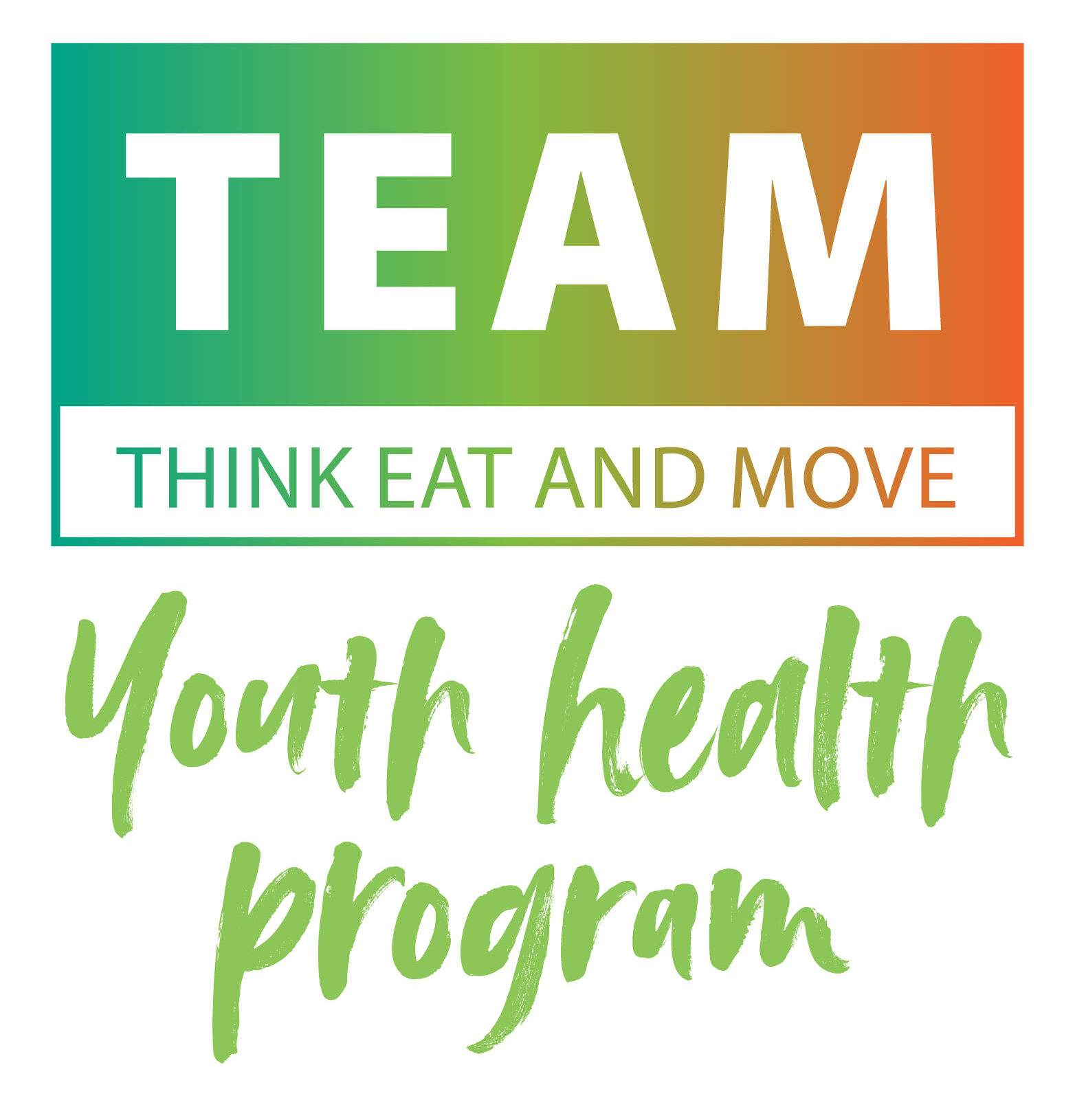
Schools, Health and Community Together
The South East Sydney Schools Collaborative works with four schools within the Randwick and Bayside LGAs to address developmental vulnerability and adversity in preschool and school aged children and improve school and life outcomes for families. Key to the program’s success has been the role of the Care Navigator, who provides psychosocial and practical support to participating families. From June to December 2024, the Care Navigator supported 26 families through 310 individual occasions of service in the program.
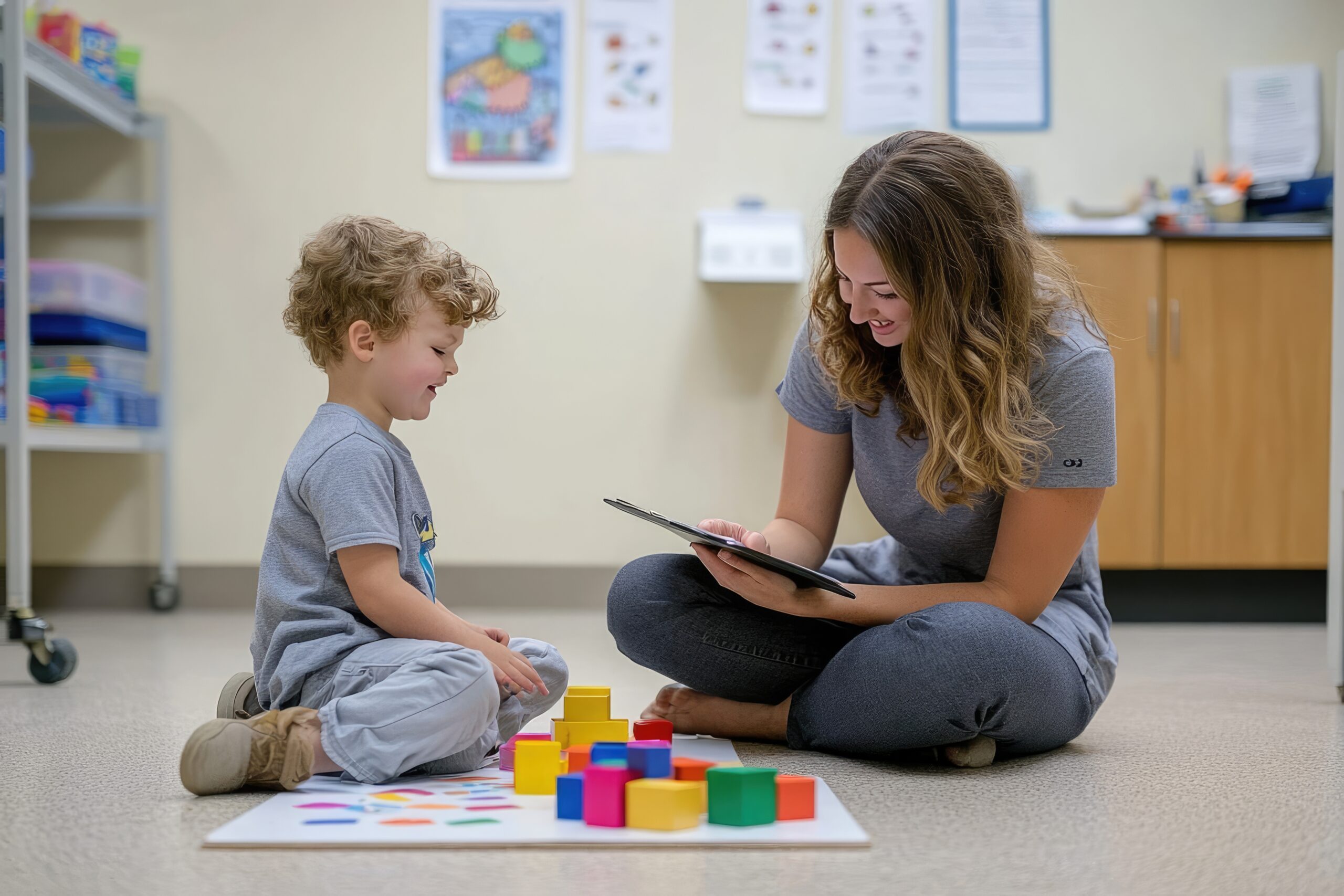
Early Intervention Speech Pathology
Since 2017, CESPHN has commissioned early intervention speech pathology programs to support the developmental needs of children aged 0–6 years. In 2024–25, services were delivered by Sydney Local Health District, South Eastern Sydney Local Health District, and Sydney Children’s Hospitals Network.
This year, more than 3,400 children across the region were offered screening, with over 1,900 children receiving direct assessments and early intervention support. The programs also strengthened the skills and confidence of early childhood educators to identify communication concerns early and refer families to timely services. This dual focus — on child screening and workforce capability — has enabled a more responsive, community-led approach to improving language development in the early years
“The coaching sessions provided a supportive and collaborative space and opportunity to build confidence in using intentional language strategies with children. The practical, in-the-moment coaching and modelling by the facilitator made it easier to apply strategies in real time, and the consistent follow-up encouraged ongoing growth.”
Ngara Yellamundie, an Early Childhood Capacity Enhancement program delivered by SCHN as part of the Early Intervention Speech Pathology services for Aboriginal Children program, was widely praised and well received by participating Early Learning Centres.
